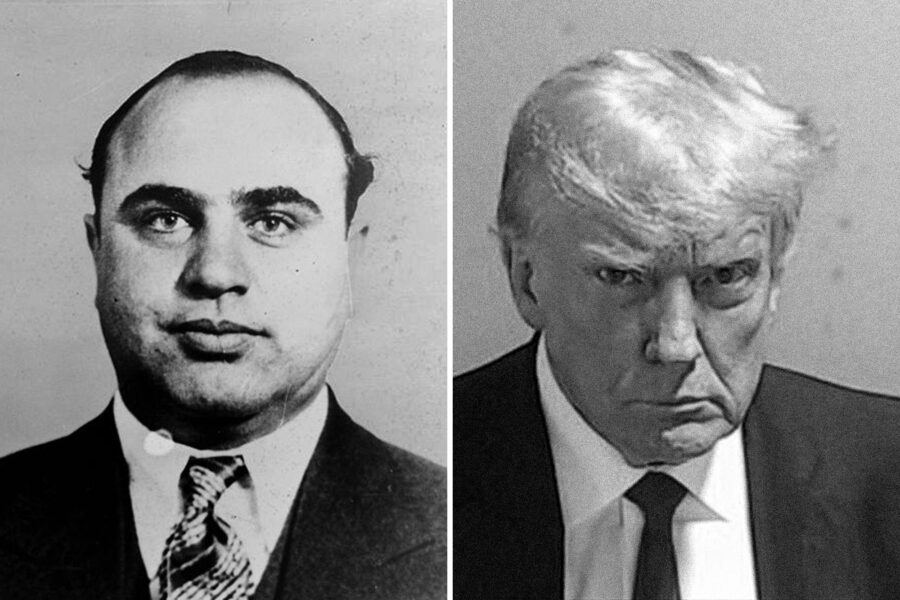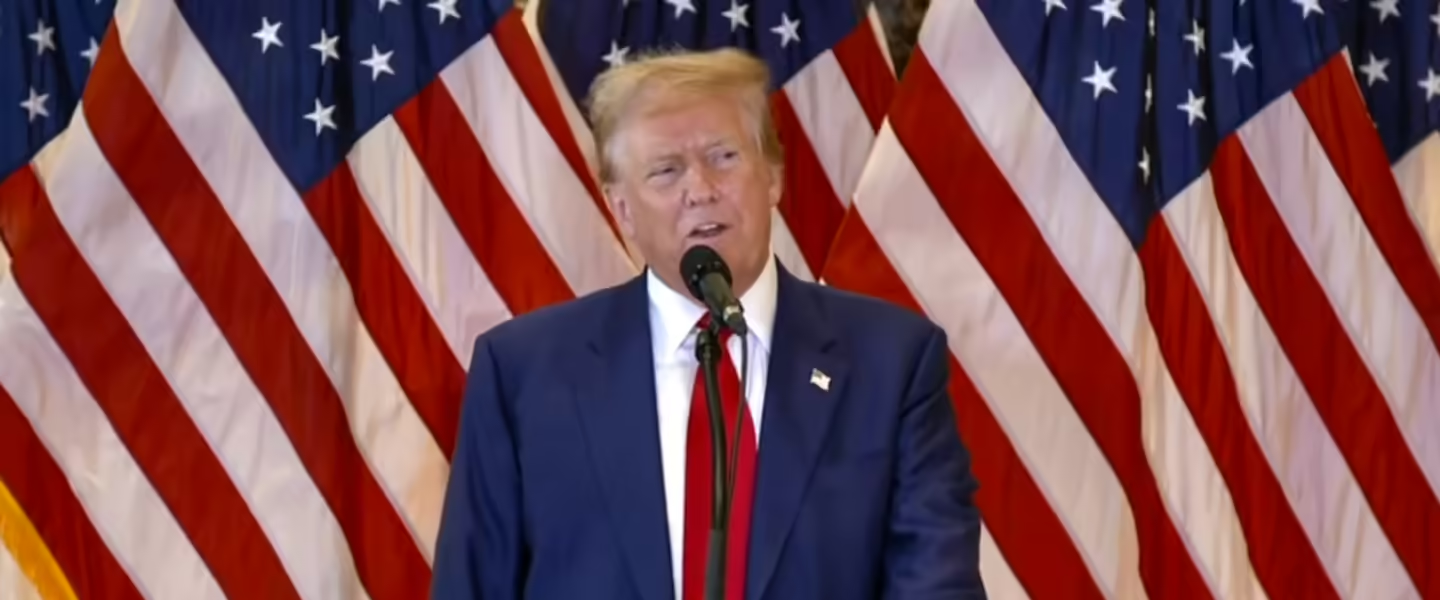While right wing nationalists abroad side with Trump, much of the rest of the world sees Trump’s conviction as proof that in America, at least, no one is above the law.
|
Listen To This Story
|
The overwhelming foreign reaction to Donald Trump’s conviction has been a mixture of surprise, mild relief, and caution.
Many people expected the jury to take the easy way out and avoid making a decision, resulting in a hung jury. The fact that 12 ordinary American citizens were able to express themselves and were not afraid to take down a former US president is seen both as a major historical first and proof that the American judicial system still functions despite the US’s intensely polarized politics.
That said, the European Union has pretty much confined itself to expressing respect for the American judicial process while not commenting on Trump’s guilt. Everyone knows that most Americans made up their minds about Trump long ago, and there’s always the risk that, given the passion of Trump’s supporters, he just might become president again — despite the verdict.
While most European officials are treating the conviction with caution, there has to be a sense of relief that Trump’s conviction may discourage at least some independent voters from returning Trump to the presidency.
In the end, however, the most convincing case against Trump in the world’s eyes may not be the New York trial or conviction as much as Trump’s unhinged behavior and wild statements outside the courtroom.
Throughout much of the developing world, the trial has been seen as proof that the American justice system still functions and that no one, regardless of wealth or status is above the law.
For many Europeans, Trump comes across as an exaggerated stereotype of what they deplore about Americans — unjustifiably smug and too arrogant to realize the extent of his own ignorance.
Under normal circumstances Trump might be dismissed as nothing more than a clueless clown, but there is a growing realization that in the current state of international instability, returning Trump to power could cause immense damage not just to the United States but to the world at large.
The declining role of the US as a superpower, ready to step in and help resolve international disputes, has created a political vacuum, which Russia, China, and Iran are more than ready to take advantage of.
The recent NATO decision to shore up Ukraine as a buffer against Putin’s expansionism represents a crossing of the Rubicon. The decision by the US and Germany to let Ukraine launch attacks across the border into Russian territory has upped the ante on the allied commitment. Europe cannot afford to turn back.
If Trump were to resume the presidency, he has made it clear that he would pull the rug out from under NATO and essentially side with the Kremlin. No one in Europe wants to see that happen.
Trump’s open support for some of the world’s leading dictators has also proved unsettling, especially in light of the return of right-wing fascist movements to the European political scene.
And that support is mutual: Trump has received sympathy from Europe’s ultra-nationalists and crypto-fascists, including Hungary’s Viktor Orbán and Britain’s Nigel Farage, who immediately applauded Trump, insisting that he was the latest victim of a politically driven justice system. Russia’s Kremlin was even more vehement, claiming that the trial had been politically motivated. The Economist recently warned that the US is no longer as immune to dictatorship itself as everyone once thought.
Trump’s vision of economics is also an issue. If he wins re-election in November, he has promised to raise tariffs to a level that recalls the Smoot-Hawley Act of 1930. In case anyone has forgotten, those tariffs triggered the worldwide Great Depression.
In the end, however, the most convincing case against Trump in the world’s eyes may not be the New York trial or conviction as much as Trump’s unhinged behavior and wild statements outside the courtroom.
In order to attack the credibility of the trial, Trump is attacking the credibility of the American justice system, the rule of law, and most American institutions. The attacks are echoed by Trump’s determined followers, including most of the Republican members of the US Congress.

Trump even took to quoting Chicago mobster Al Capone, whom Trump repeatedly refers to as Alphonse Capone. To listen to Trump, Capone might be his soul mate. The irony that Capone, nicknamed Scarface, engaged in brutal murders of anyone who dared oppose him doesn’t seem to have occurred to Trump. Nor does the irony, that Capone was finally taken down and imprisoned, not because of the heinous crimes that he had committed, but on a technicality involving income tax evasion.
That a similar technicality, lying about a series of business documents, might be the cause of Trump’s downfall, also doesn’t appear to have occurred to Trump. To Europeans who have seen the movie, Scarface, the comparison is more than obvious. The bigger they come, the harder they fall.
The real question that Europeans ask themselves is why would anyone elect a man to the highest political office in the land, when that man repeatedly attacks and tries to demolish the very institutions that the job demands he protect?
Would the US really elect a commander-in-chief who denounces America’s allies and sides with its declared enemies? It is not hard to see why the Kremlin supports Trump and joins his attacks against America’s institutions, but why would an American voter do that? That’s a question that average Europeans ask themselves. At this point, it’s a mystery. But Europeans have always found America hard to understand.




